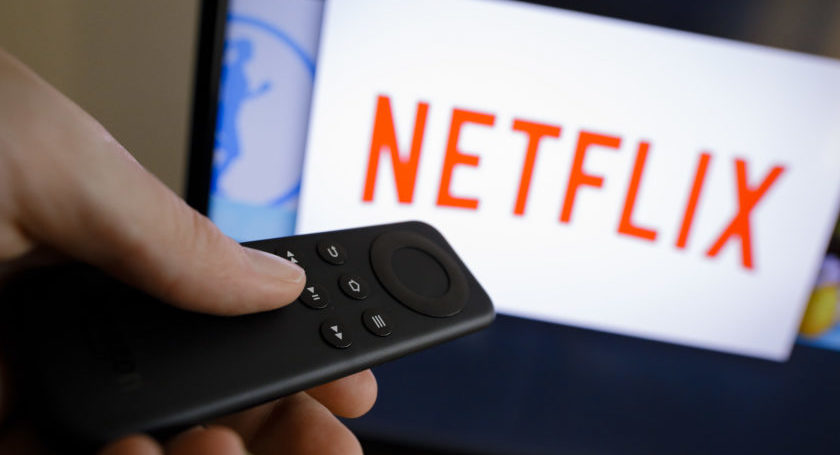M+E Connections

Netflix Reports More Promising Signs From Game Business in Q4
Story Highlights
While reporting a strong quarter overall for the fourth quarter (ended Dec. 31) on Jan. 23, Netflix said it continued to see strong signs for its growing streaming video game service.
The company’s game lineup increased significantly in 2023, while it added more mainstream titles including Take-Two Interactive’s Grand Theft Auto Trilogy.
Netflix executives were “stoked by the performance of GTA,” according to Gregory K. Peters, the company’s co-CEO and president. “We had high hopes but it exceeded even those high hopes,” he said during the company’s quarterly Q&A with analysts that was made available at its website.
The game category is a “great place to be,” he said, noting Netflix saw the “biggest download and engagement numbers that we’ve seen so far” and was also in the top mobile game downloads chart for several weeks. That, he said, “shows it was not only big for us but big numbers for mobile gaming in general. And, beyond any specific title, we’ve tripled game engagement over the last year. So that’s a solid growth trajectory for us.”
Games represents a “huge opportunity,” he went on to say, noting it was a $140 billion consumer market, not including China and Russia. “We believe we can build games as strong components, and other content category to deliver entertainment value to our subscribers.”
Asked about the size of the company’s game investment, he explained:
“We thought about this as we’ve got to allocate enough to the initiative to ensure that we’re playing to win, that we have enough activity in the space that we’re learning and growing, but also recognizing that we had a tremendous amount to learn and a tremendous set of institutional capabilities to develop. And we wanted to make sure that we weren’t growing that investment significantly before proving to ourselves that we can actually effectively translate that investment into member value.”
He added: “So things are going well. [If] we continue to see this level of engagement growth and we continue to see what we’ve been seeing so far, which is evidence, as we would expect, that engagement leads to business benefits like increased retention, then we’ll be able to scale that investment appropriately. Having said all of that, it’s still … early days, words that we love to use. And it’s worth noting that our games investment is a very small fraction of our overall content budget right now.”
In light of the outperformance of Grand Theft Auto Trilogy for the company, an analyst asked if the company would reconsider its focus on games available exclusively on the service.
“Yes,” responded Peters, explaining: “Licensing existing games with often some form of exclusivity, that’s been a key part of our strategy, and it’s going to continue to be so. We’ve clearly seen, one of the things that we’ve learned is that recognizable games – that’s either existing popular game titles or game franchises or games that are based on well-known IP, and in many cases, that’s IP from our own films and series – those are the ones that are working the best for us right now. So we’re going to continue to find the right opportunities to bring those kind of titles to our members.”
Netflix is also “going to look for more great licensing and some exclusive licensing, so we can do things more like what you’ve seen us do last quarter with GTA,” he added.
Some of the Q&A was focused on the company’s 10-year deal with TKO Group Holding’s WWE, announced earlier the same day, which will bring WWE’s flagship program Raw to the streaming service, starting in January 2025. The agreement represents Netflix’s first major venture into live sports entertainment. As a result of the deal, Raw will be leaving linear TV for the first time since it was created over 30 years ago.
Netflix shares jumped in the double digits on Jan. 24, growing more than 10% after the company reported strong Q4 earnings and subscriber growth passing 13 million.
The company’s Q4 revenue also beat analysts’ consensus estimates of $8.7 billion, reaching $8.8 billion in the quarter. That was up from $7.9 billion in Q4 2022 as Netflix cracked down on password sharing and introduced a cheaper, ad-supported service tier, while increasing prices on other subscription plans.









